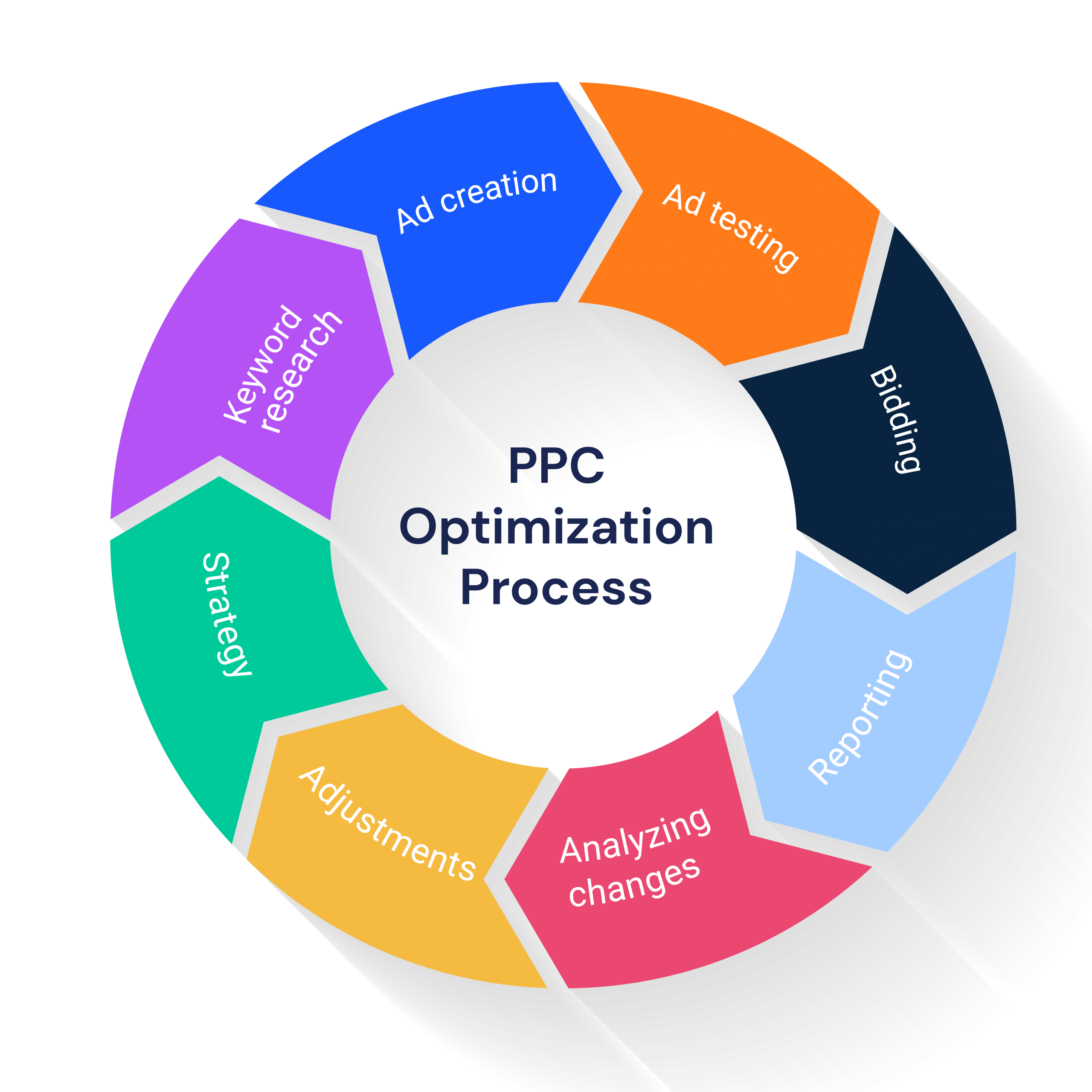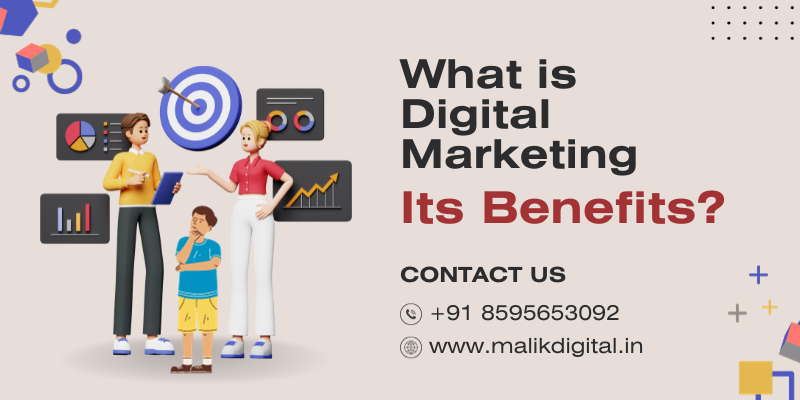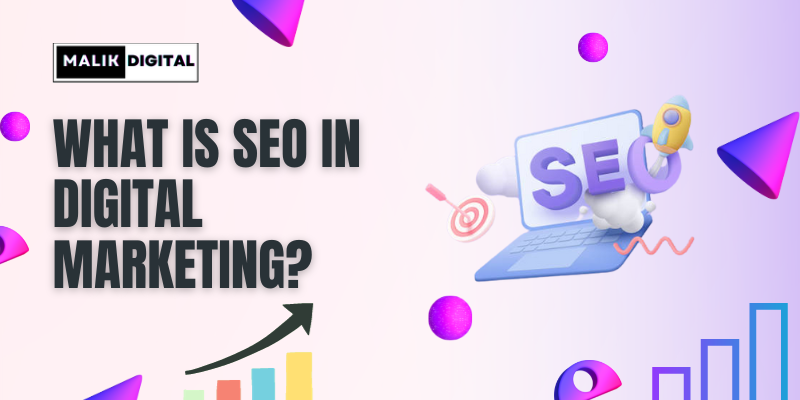In the ever-evolving landscape of digital marketing, Pay-Per-Click (PPC) stands as a brave method to drive targeted traffic to websites. At its core, PPC is an online advertising model where advertisers pay a fee each time their ad is clicked. Let’s delve into the world of PPC and uncover its nuances.
How PPC Works

Imagine a virtual auction where advertisers bid for ad placement. That’s the essence of PPC. Search engines, social media platforms, and websites offer ad spaces, and advertisers bid on relevant keywords. The highest bidder gets the prime ad placement when users search for those keywords.
Key Components of PPC Campaigns
To navigate the PPC landscape successfully, understanding its key components is crucial. Keywords, the building blocks of PPC, determine when and where your ads will appear. Crafting compelling ad copy and ensuring a seamless user experience on your landing pages are equally vital.
Types of PPC Ads
PPC ads come in various forms. Search ads appear on search engine results pages, display ads grace websites, and social media ads seamlessly integrate into users’ feeds. Each type serves a unique purpose, offering advertisers flexibility in reaching their target audience.
Benefits of PPC Advertising
PPC offers immediate visibility, allowing your ads to appear at the top of search results almost instantly. It enables targeted advertising, reaching users based on their search intent. The beauty of PPC lies in its measurable results, providing clear insights into the performance of your campaigns.
Setting up a PPC Campaign
Embarking on a PPC campaign involves meticulous planning. Keyword research helps identify the terms your audience is searching for. Crafting compelling ads and setting a realistic budget ensure your campaign is both effective and cost-efficient.
Common PPC Mistakes to Avoid
From irrelevant keywords to poorly designed ads, PPC pitfalls are numerous. Regularly monitoring and optimizing your campaigns are essential to avoid these common mistakes and maximize your ROI.
PPC vs. SEO: A Brief Comparison

While PPC and SEO share the goal of driving traffic, they operate differently. PPC delivers immediate results but at a cost, while SEO is a long-term strategy. Knowing when to leverage each method is crucial for a well-rounded digital marketing strategy.
Latest Trends in PPC
The PPC landscape is dynamic, with trends shaping its future. Voice search, AI, and video ads are gaining prominence, offering new avenues for advertisers to connect with their audience.
Success Stories: Brands Leveraging PPC
Real-world examples illustrate the power of PPC. Case studies of successful campaigns provide insights into strategies that work across different industries.
Challenges in PPC Advertising
Despite its advantages, PPC comes with challenges. Ad fraud, rising competition, and ad fatigue are hurdles advertisers must navigate to ensure their campaigns remain effective.
Tips for Optimizing PPC Campaigns
Optimizing your PPC campaigns involves continuous improvement. Regular monitoring, A/B testing, and utilizing ad extensions are proven strategies to enhance the performance of your campaigns.
Why Businesses Love PPC

1. Instant Popularity
PPC is like a magic wand for instant fame. Your ad can appear right at the top of the search results almost as soon as you decide to join the lemonade stand competition.
2. Numbers Talk
With PPC, you get a report card. It tells you how many people looked at your lemonade stand ad and how many actually bought a cup. It’s like knowing exactly how many friends liked your lemonade stand party.
3. Money in Your Wallet
Running a lemonade stand costs money, right? With PPC, you decide how much you want to spend each day. No unexpected bills – it’s like having a lemonade budget.
Future of PPC

Automation and Artificial Intelligence (AI): The use of AI and machine learning in PPC is expected to increase. Automated bidding strategies, ad creation, and audience targeting are likely to become more sophisticated, allowing advertisers to optimize their campaigns more efficiently.
Audience Targeting and Personalization: PPC platforms are likely to provide more advanced audience targeting options. Advertisers can expect increased emphasis on delivering personalized ad experiences to specific segments of their target audience, leading to higher engagement and conversion rates.
Video Advertising: Video content continues to gain popularity, and PPC platforms are likely to focus more on video advertising. Advertisers may see expanded options for creating and promoting video ads, as well as improved targeting capabilities within video campaigns.
Privacy Changes and Cookie Alternatives: With increasing concerns about user privacy, especially with developments like Apple’s App Tracking Transparency (ATT) and Google’s plan to phase out third-party cookies, advertisers may need to adapt their PPC strategies. New approaches to tracking and targeting, such as first-party data utilization, are likely to become more important.
Local Advertising: As consumers place more importance on supporting local businesses, PPC platforms may enhance their features for local advertising. Advertisers may have access to more tools for targeting local audiences and promoting products or services at a regional level.
Cross-Channel Integration: Advertisers can expect more integration and synergy between different advertising channels. PPC, social media advertising, and other digital marketing efforts may become more interconnected, allowing for a cohesive and unified marketing strategy.
Voice Search Optimization: With the increasing prevalence of voice-activated devices, optimizing PPC campaigns for voice search is likely to become crucial. Advertisers may need to adapt their keyword strategies to align with how people phrase voice queries.
The Sweet Conclusion: Why PPC Rocks
In the big world of digital marketing, PPC is the superhero you want on your side. It’s not just about paying for clicks; it’s about getting noticed, making friends, and counting the cash in your lemonade stand till.
So, why does PPC matter? Because it’s the shortcut to lemonade stand stardom. Pick the right keywords, create an awesome ad, and watch the customers pour in.


